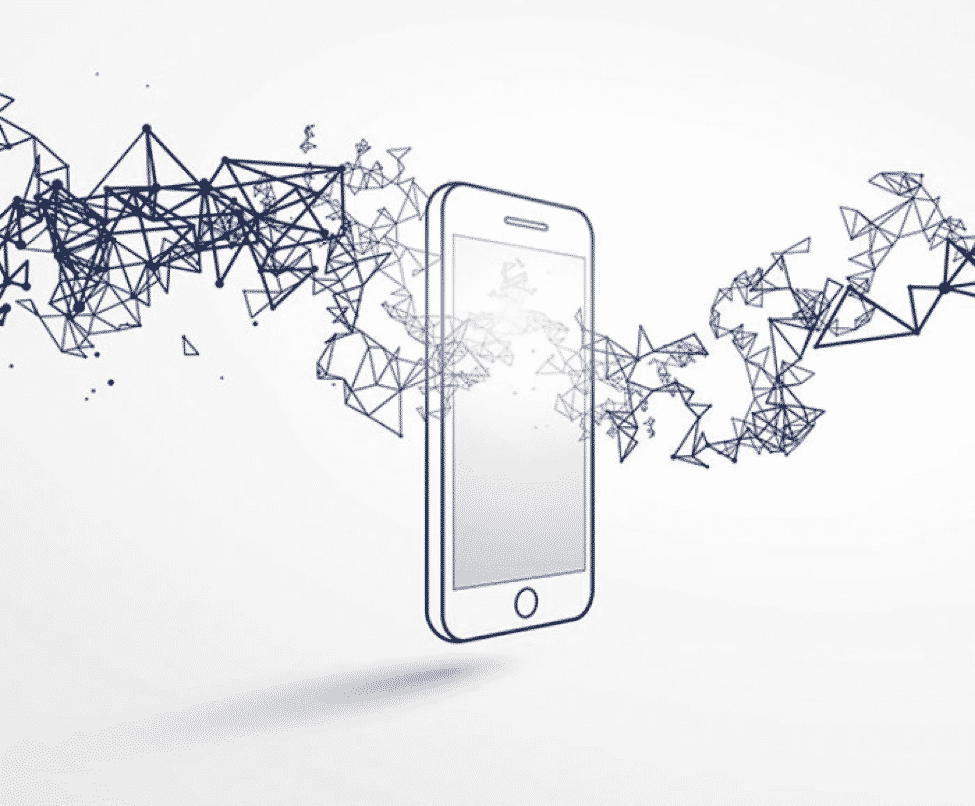What does IPX mean and what is it?
Internetwork Packet Exchange, which is most commonly known as the IPX Network, is a networking protocol from Novell that interconnects with other networks who use Novell’s NetWare clients and servers. IPX Network was actually introduced in the 1980s but it remained quite popular throughout the 1990s as well.
You can say that IPX is a packet protocol or a datagram. Internetwork Packet Exchange (IPX) works at the Network Layer but it is connectionless, which means that he doesn’t require a connection to exchange packets.

IPX Network is mostly used for routing packets from one network to another throughout an internetwork. It provides connectionless datagram services such as Ethernet, Token Ring and some other common data-link layer protocols.
How IPX Network works?
The IPX packets uses the 32-bit (4-byte) network numbers which helps it to identify each data link in an IPX internetwork. The administrator who handles each of these networks assign these network numbers, which should be unique for each connected network; all the nodes on connected network should have the same network number.
These nodes discover their network number by having communication with the router which are attached to the local network. The router then uses these network numbers to route the IPX packets from one network to another with the help of internetwork.
IPX packets not only works for 32-bit (4-byte) but also for 48-bit (6-byte) as well as the 16-bit (2-byte). Though all these IPX packet structures have their own size byte. The structure of an IPX packet is shown below:
| IPX Packet Structure | Byte size |
| Checksum | 2 |
| Length | 2 |
| Transport control (hop count) | 1 |
| Packet type | 1 |
| Destination network | 4 |
| Destination node | 6 |
| Destination socket | 2 |
| Source network | 4 |
| Source node | 6 |
| Source socket | 2 |
| Data | varies |
So, this how the IPX packet is structured when it is delivered from one network to another throughout the internetwork.
Services provided in IPX (internetwork packet exchange):
These below mentioned are some of the services which you can enjoy while connecting to IPX:
- Gives you 2G/3G mobile data traffic when roaming
- You can also get 2G/3G voice as well as data roaming signaling data
- National or international voice transits are available
- High definition voice services for both phone call and video call
- Video calling and video conference are available
- LTE signaling for both voice and data roaming
There are some other services which the IPX provides, but these 6 are the most common and important services which we require through the IPX system. But for some of the IPX based services, are segmented on the software and hardware-based options only.
Global Coverage:
Generally, the Internetwork Packet Exchange (IPX) can be accessed from all parts of the world. Though the local carrier of the IPX is not able to have full global reach of their own, but the concept of IPX is designed in such a way that every destination in the world should be a two carrier-hops away.
So, these are some of the things about Internetwork Packet Exchange (IPX) which everyone should know about. These are the basic and common details about the IPX.
